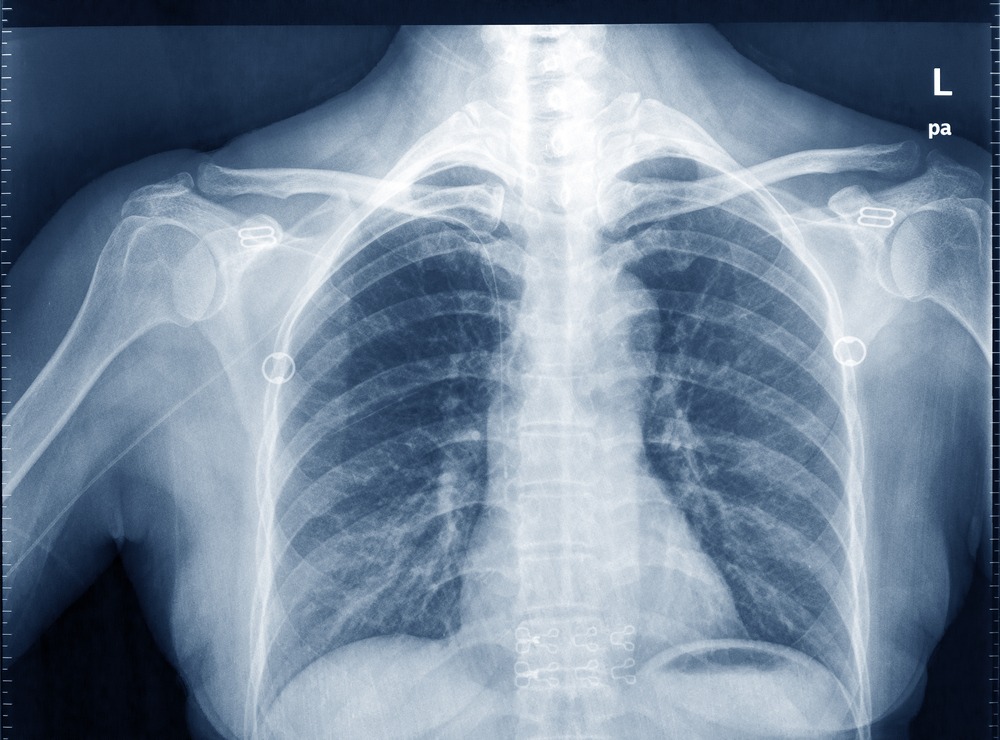
Teleglobal Consulting LTD, UK, has received Class 2A CE marking for its software that uses AI to detect chest abnormalities.
iDoc-X can accurately detect thirteen different abnormalities, including Covid-19, pneumothorax, pneumonia, TB, scars, opacities, nodules, cavities, cardiomegaly, consolidation, fibrosis, blunted CP and pleural effusion.
Teleglobal now joins the league of very few companies in the UK to achieve CE marking for an AI-based product in the medical imaging field.
MD of iDoc.ai Rahul Tarar said: “CE marking is a very encouraging milestone for us, endorsing our vision of responsible AI and reflecting our passion for quality and patient safety.
“Our emphasis on regulatory affairs will continue with USFDA and UKCA soon.”
The software is meant to improve the quality & speed of radiology diagnosis and reduce operational costs associated with radiology outsourcing and obtaining a second opinion.
The software allows radiology setups to use centralise their search for the most common chest abnormalities using one system.
Since early 2018, iDoc.ai has been progressively working with healthcare partners in India and South East Asia for pilot deployments for iDoc-X.
Recent ISO 13485 certification and CE marking allows the company to operate commercially across the EU under the European Union Medical Device Regulation (MDR), and many other countries worldwide.
Class 2A medical device clearance is given to products that diagnose or treat conditions without chemical action with or on the body.
Eliminating bias when using AI to detect chest abnormalities
Globally, research on AI-based chest X-ray analysers has progressed well during the last few years.
However, as per the University of Toronto, the Vector Institute, and MIT, most AI solutions out in the international market currently are biased towards gender, age, race or socioeconomic status.
Research shows that most algorithms are less certain to work well for racial groups from underrepresented countries, meaning the the outcomes are often biased towards the specific countries and socioeconomic backgrounds where data for training is gathered from.
Moving forward, the company said it aims to invest more in the elimination or mitigation of ‘bias’ completely, enhancing accuracy and creating the world-first bias-free AI solution for medical imaging.
“We very much understand the importance of our solution’s reliability & accuracy, and of our marketing efforts for commercial success.
“Hence, we are actively seeking funding possibilities for further investment into R&D and to achieve quicker time-to-market,” Rahul Tarar added.




